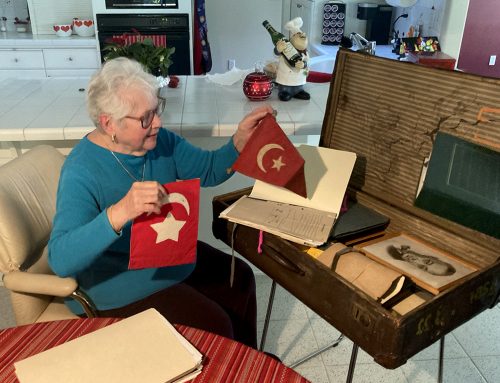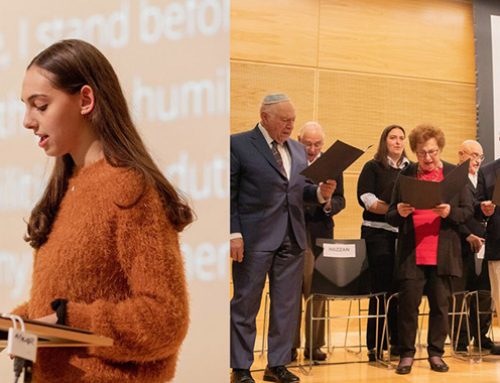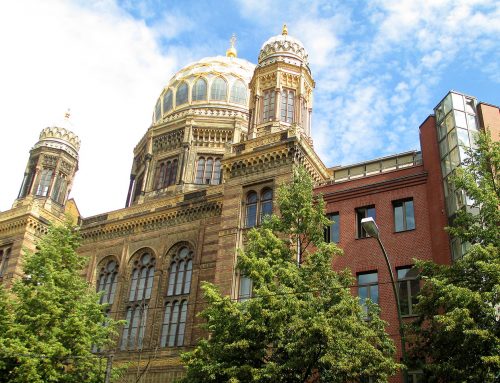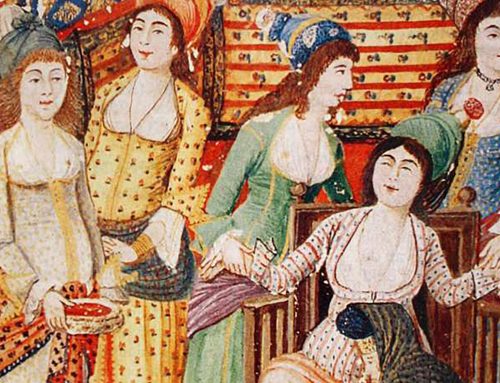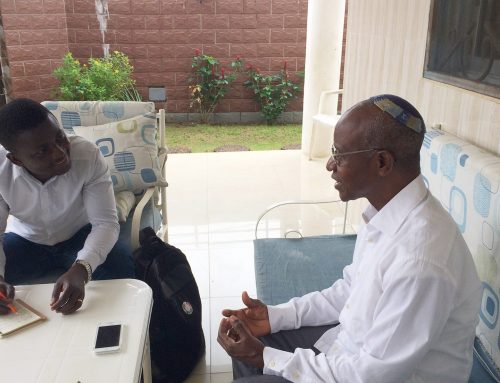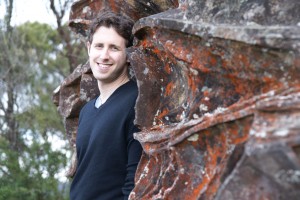
Dr. Daniel K. Heller, 2012-2013 Hazel D. Cole Fellow.
The Stroum Jewish Studies Program has a proud tradition of supporting early career scholars through the Hazel D. Cole Fellowship in Jewish Studies. This past September, Daniel K. Heller, an expert on Eastern European Jewish history and the history of Israel, joined our faculty as the Hazel D. Cole Fellow for the 2012-2013 academic year. Born and raised in Toronto, Dan recently completed his dissertation at Stanford University, where he explored the history of Zionist youth movements in Poland before the Holocaust.
On Wednesday, April 10th at 7:00 p.m., Dr. Heller will deliver a public lecture entitled “Two fatherlands? Zionist Youth and the Politics of Belonging in 1930s Poland.” Click here to out more. This event is free and open to the community.
We recently caught up with Dr. Heller to talk about his archival adventures in Poland and Israel, his current work at UW, and what we can look forward to in his spring quarter lecture course, “Modern European Jewish History.”
JewDub: How did you get interested in Jewish Studies generally, and your area of Jewish history in particular?
I owe my passion for writing and teaching about Jewish life in Eastern Europe to my grandmother, Eva Kupfert. Born and raised in Warsaw, she was fifteen when the Wehrmacht invaded Poland. A survivor of the Warsaw Ghetto, Majdanek and Auschwitz, my grandmother emerged from the Holocaust, then twenty-one years old, as the sole survivor of her family of ten. Despite the profound loss she experienced as a young woman, she, like so many other survivors, found the strength and courage to build a new life. As a child, I was in awe of my grandmother’s relentless optimism, her all-embracing love of her children and grandchildren, and, above all, her zest for life. My decision to pursue research that would explore how Jews lived in Poland, rather than solely focus on the destruction of European Jewry, was in no small measure a tribute to my grandmother’s passion for life. Her experience as an immigrant also inspired me to study the migration of Polish Jews between the two world wars. These interests came together in my dissertation, which explored the world of Jewish youth movements in interwar Poland, as well as the impact of Polish Jewish migration on the creation of the State of Israel.
JewDub: You recently completed your dissertation. What are your favorite memories of writing and research?
I’ll never forget the months I spent sleuthing around archives in towns and cities across Poland. Once or twice a week, in the dead of winter, I would leave my apartment in Warsaw around 5 am, and board a train heading to a town somewhere in the country. I was amazed by what I found, including diaries of young Polish Jews, personal correspondence between local youth movement leaders, hundreds of newspapers from the era, and stacks of Polish police reports documenting the activities of Jewish political movements. During my months of research in Israel, I was equally surprised to find a wealth of documents written by youth movement activists across Poland. These documents allowed me to write a history of political life that paid as much attention to ‘ordinary’ people as it did to political leaders. While writing the dissertation was an exciting process in and of itself, the thrill of discovering documents was truly unforgettable.
JewDub: What are your goals during your year as the Hazel D. Cole Fellow? What projects are you currently working on?
It’s been such a pleasure to continue my research and writing at UW. In addition to turning my dissertation into a book, I am working on a new project that explores the development of modern Jewish politics within small-towns in interwar Poland’s eastern borderlands. I’m also really excited to share my research with the community in a public lecture I’ll be delivering on Wednesday, April 10. My lecture about the lives of Jewish youth in interwar Poland will draw upon hundreds of autobiographies written by young Jews in 1930s Poland.
JewDub: You’ll be teaching our flagship lecture course on Modern European Jewish history this spring. What aspect of teaching this course are you most looking forward to?
As much as I love lecturing, I am most excited about introducing students to the adventures of historical research by providing them with numerous opportunities to hear the voices of European Jewry over the past three centuries. So much of the thrill of studying history is the detective work that comes with finding and interpreting eyewitness accounts from the past. Throughout the course, students are going to encounter a broad range of historical sources, from letters, newspapers, novels and diaries to music, art and film. I can’t wait to see how my students will use these encounters to enrich their understanding of European Jewish history.
Editor’s Note: Click here for more information about Dr. Heller’s spring quarter course; and click here for up-to-date course information and registration links for all Spring Quarter courses in Jewish Studies at the University of Washington.

